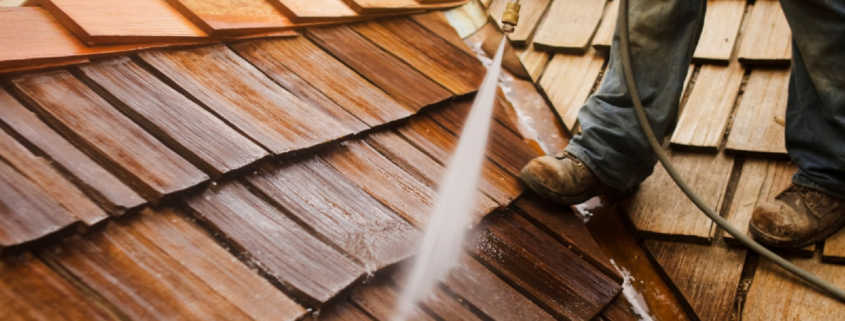Advances in Construction Safety Measures 6280
Choosing the best equipment for your construction project is a crucial factor that can influence the efficiency, cost-effectiveness, and overall success of your project. It’s not merely about selecting the biggest or most powerful machine, but about understanding your project’s specific needs and choosing equipment that fits those needs perfectly. In this article, we will provide an comprehensive insight to help you make the right decisions.
Firstly, it’s essential to evaluate the conditions of your construction site. Different types of equipment are designed to perform optimally under different conditions. Consider elements like the soil type, terrain, and weather conditions. For example, if you are working on a site with rough, uneven terrain, you might need heavy-duty machinery like bulldozers and excavators. On the other hand, for a project in a densely populated urban area, a more compact and maneuverable equipment like a mini excavator might be more suitable.
Secondly, take into account the scale and duration of your project. Large scale projects would require heavy-duty machinery that can handle large volumes of work, while smaller projects may only need light-duty equipment. Similarly, if your project is short-term, renting equipment might be a more cost-effective solution than purchasing. On the contrary, for long-term projects, investing in your own machinery could be more economical.
Next, you should think about the versatility of the equipment. Opt for machines that can perform multiple tasks. This will not only save time but also reduce the need for multiple machines, thereby lowering your overall project costs. For instance, a backhoe loader is a versatile piece of equipment that can dig, backfill, and load material, eliminating the need for separate machines for these tasks.
Another critical factor to consider is the efficiency and productivity of the equipment. High-quality machines not only perform tasks efficiently but also reduce the chances of downtime due to mechanical failures.
Lastly, it’s important to consider the availability of post-sales services and maintenance support. This includes the availability of spare parts, maintenance services, and technical support. Opt for a supplier or manufacturer known for their excellent after-sales support and industry reputation.
To sum up, selecting the right construction equipment is a complex process that requires a deep understanding of your project’s unique needs and careful consideration of several factors. By taking into account the scale and duration of your project, the conditions of your construction site, the versatility of the equipment, its efficiency and productivity, and the availability of after-sale services, you can make a well-informed decision. Remember, the right equipment can make all the difference in the success of your construction project.
For more details, check best Flat Roofing Services Kildare or visit their Flat Roofing business page here.




Leave a Reply
Want to join the discussion?Feel free to contribute!